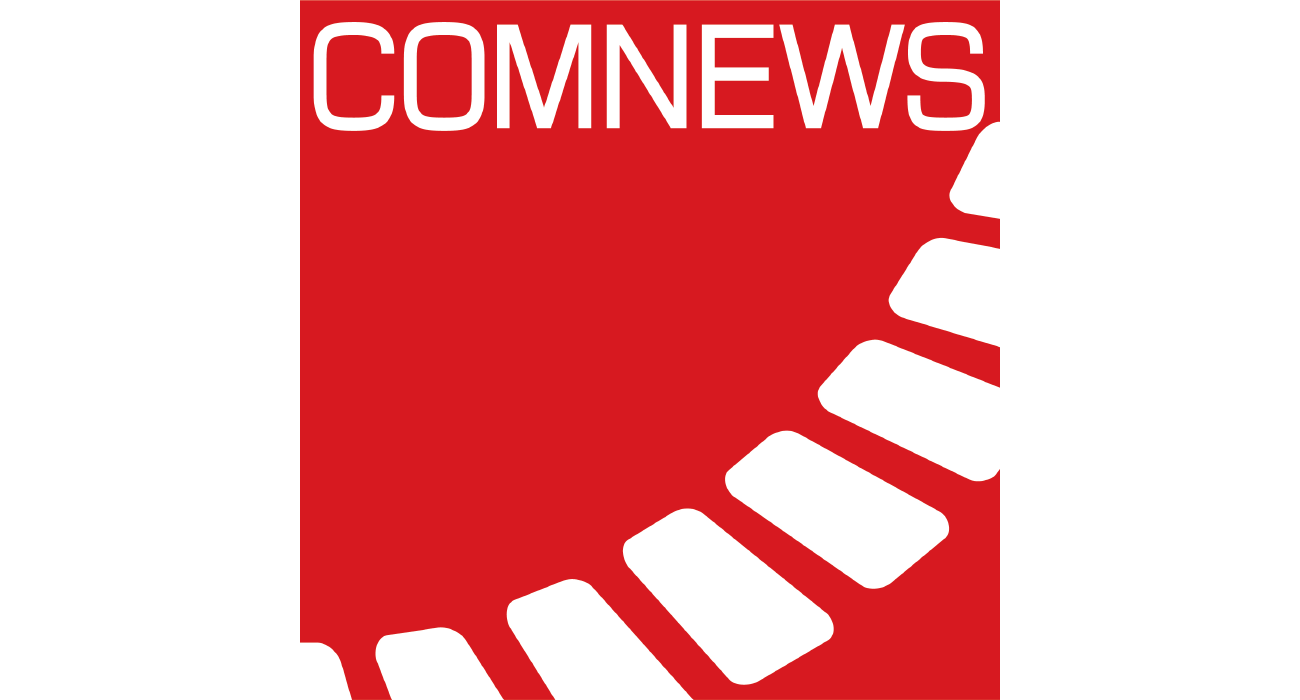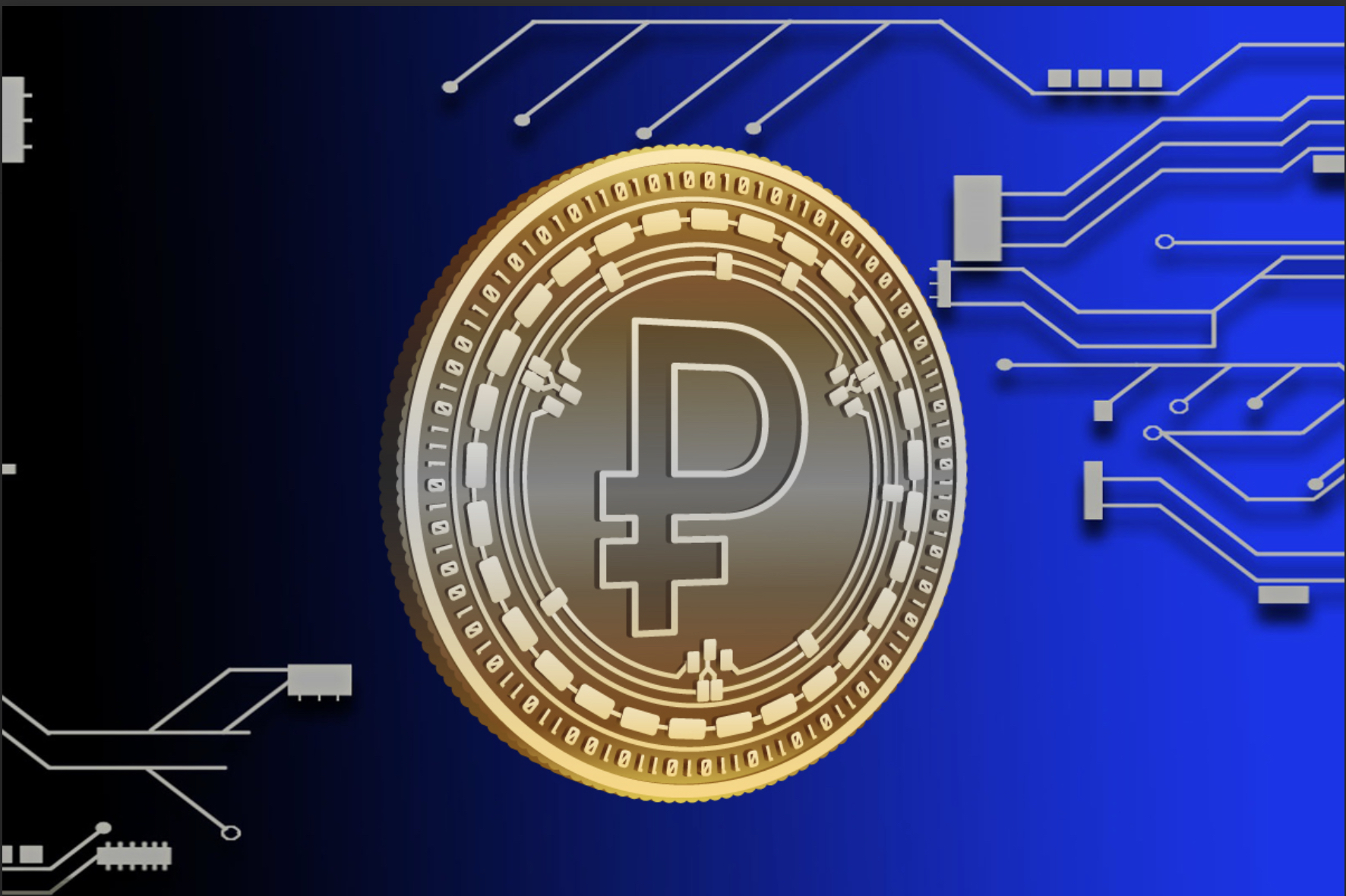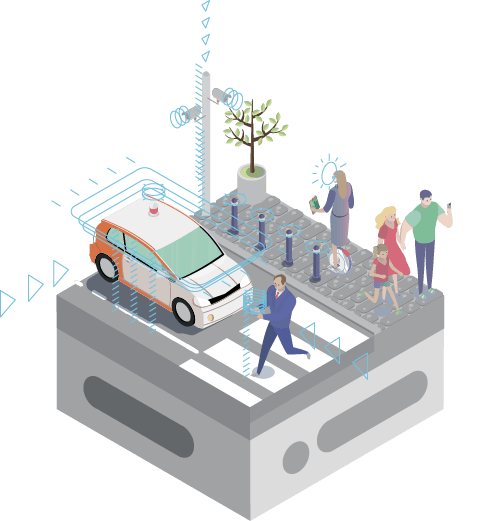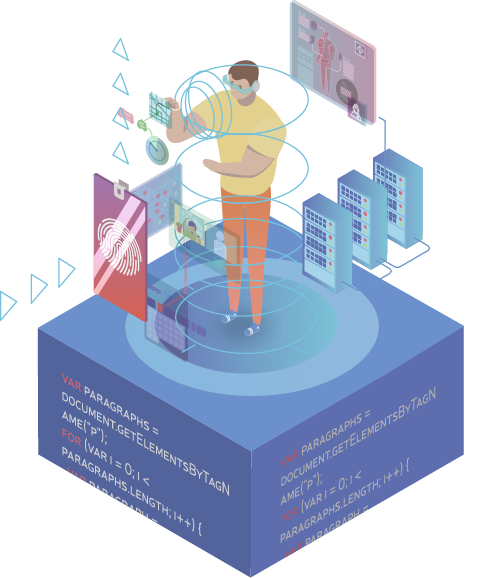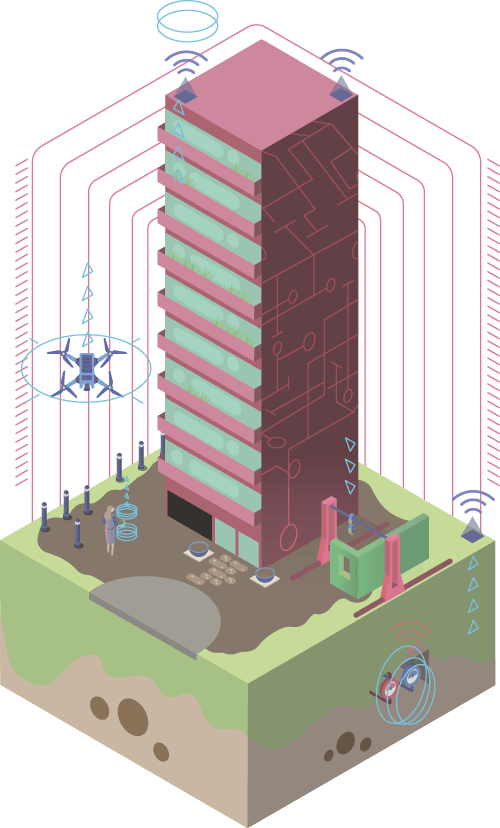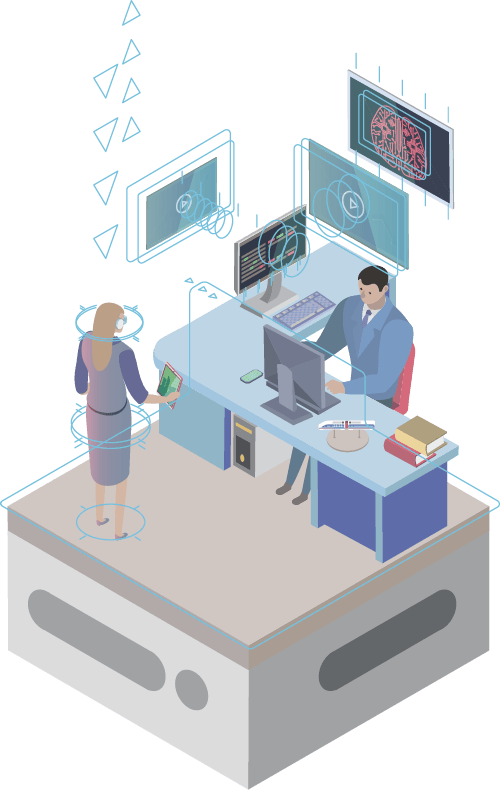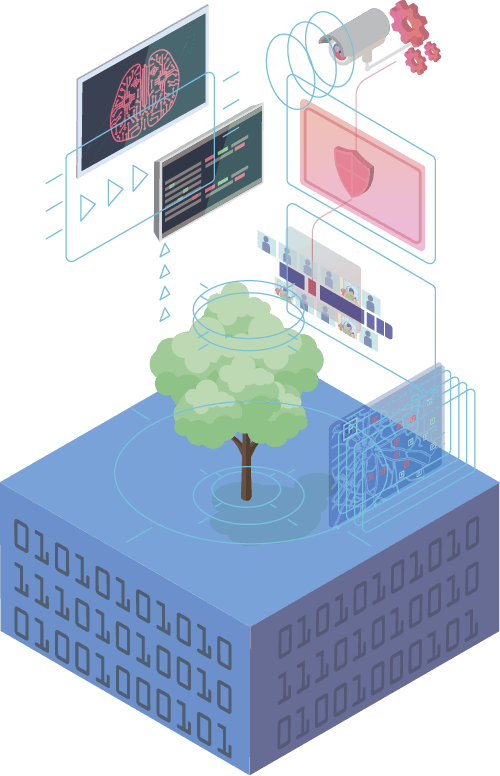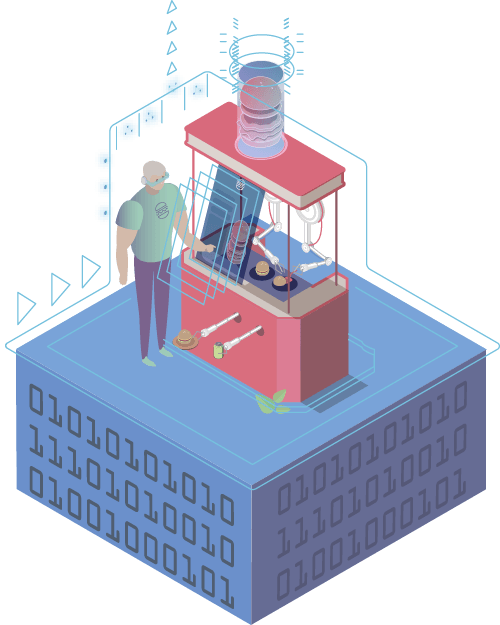Decree of the Government of the Russian Federation No. 3363-r dated 11/27/2021 "On approval of the Transport Strategy of the Russian Federation until 2030 with a forecast for the period up to 2035"
As
PDF, and as
text from a normative document library. Excerpts:
***
"...
[along with countless others] The Strategy takes into account the acts (decisions) of the Supreme Eurasian Economic Council, including:
The main directions and stages of the implementation of the coordinated (coordinated) transport policy of the member states of the Eurasian Economic Union, approved by the decision of the Supreme Eurasian Economic Council of December 26, 2016 No. 19;
Strategic directions for the development of the Eurasian economic integration until 2025, approved by the decision of the Supreme Eurasian Economic Council No. 12 of December 11, 2020, as well as other acts and decisions of the bodies of the Eurasian Economic Union in terms of transport.
...
The strategy provides for the implementation of the following long-term goals for the development of the transport system until 2030 and for the forecast period until 2035:
increasing spatial connectivity and transport accessibility of territories;
increasing the mobility of the population and the development of domestic tourism;
increasing the volume and speed of cargo transit and the development of multimodal logistics technologies;
digital and low-carbon transformation of the industry and accelerated introduction of new technologies.
...
The implementation of the Strategy measures is carried out in 3 stages. The 1st stage is implemented from 2021 to 2024, the 2nd stage - from 2025 to 2030, the 3rd stage - from 2031 to 2035, taking into account the further implementation of the goals, objectives and main activities of the Strategy after 2035."
~~~~
For remind:
"On October 16, 2014 at the office of the Russian Venture Company (RVC), an expert seminar "The Neuronet Roadmap" was held with the participation of Stephen Dunn, director of Starlab Neuroscience Research; Karen Casey, creator of the Global Mind Project; Randal A. Kuhne, CEO of the Science Foundation Carboncopies.org and the founder of NeuraLink Co....
...
..the most important result of a scientific and technological breakthrough in the field of neuroscience is the achievement of a new quality in communications. The modern Internet transmits information and even semantics, but is powerless in transmitting emotions and the unconscious. The Neuronet is the next generation of the Internet, which will use neural interfaces to create new types of communication between people and machines. By linking hundreds or, in the future, even billions of intelligences into a neurocomputer network, it will be possible to achieve a synergistic effect in their joint work, since the brain has the property of plasticity. Perhaps, in the era of the Neuronet, people will finally agree on solving the world's problems, because an environment will appear that will help overcome the usual human distortions of thinking and perception. New opportunities will open up in teamwork and improving the effectiveness of educational programs.
...
The main stages of the development of the Neuronet, Source: Pavel Luksha. Presentation “Roadmap for the development of the Neuronet”, 2014
BiometriNet (pre-Neuronet) (2014-2024)
The onset of the Neuronet (2025-2035)
Full-Fledged Neuronet (2035+)
https://rigf.ru/en/ The 13th Russian Internet Governance Forum April 6–7 2023 SUPPORTED BY Ministry of Digital Development, Communications and Mass Media of the Russian Federation ORGANIZERS Russian domains .RU and domain space expertise and https://cgitc.ru/en/ SUSTAINABLE FUTURE OF GLOBAL...

vigilantcitizenforums.com
~~~~
...
II. Assessment of the current situation, the main problems of the development of the transport complex of the Russian Federation
1. Implementation of the Transport Strategy
...
In the Russian Federation, transport is one of the fundamental branches of the economy and an integral part of the industrial and social infrastructure. During the implementation of the Transport Strategy, the strategic goal of the development of the transport system was formulated - meeting the needs of innovative socially oriented development of the economy and society in high-quality transport services that are competitive compared to the best world analogues.
To achieve this goal, key projects for the development of the transport complex were initiated and implemented:
...
with regard to digitalization - the creation of electronic navigation maps of inland waterways, the introduction of electronic waybills and electronic seals, the commissioning of the State Automated Information System ERA-GLONASS, the development of digital fare payment systems for urban transport.
...
In 2014-2020, a number of risks were realized in the Russian and global economies, including a general slowdown in global economic growth resulting from global trade conflicts, fluctuations in energy demand, and volatility in global commodity markets.
Among the opportunities that have opened up during this period, the growth of market models of transportation based on modern digital platform solutions stands out.
The most important factor influencing the transport industry was the pandemic of the new coronavirus infection (COVID-19), which led to a shock compression of demand in some market segments (passenger transportation) and contributed to the development of others (transit container transportation, cargo air transportation, online trading).
Due to the significant distortions caused by the pandemic of the new coronavirus infection (COVID-19), it is advisable to consider the success of the implementation of the Transport Strategy based on the results of 2019 (taken as the base year) preceding the pandemic. To analyze the achievement of the Transport Strategy in changing conditions, the previous edition of the Transport Strategy identified 6 goals for the development of the transport system of the Russian Federation for the period up to 2030. The degree of achievement of goals is determined by the values of 81 monitored indicators. An analysis of the achievement of the goals of the Transport Strategy is given in Appendix No. 1.
...
Analysis of the best world practices and trends in the development of transport systems of territories with stable transport links with the Russian Federation
When implementing the Strategy, current trends in the field of international economic and transport policy are taken into account. One of such key international trends is the multilateral policy on the implementation of the Sustainable Development Goals approved by the United Nations General Assembly resolution 70/1 "Transforming our world: the 2030 Agenda for Sustainable Development". The implementation of the goals and objectives of the Strategy is directly related to the sustainable development of transport and the implementation of the goals of its stable development, in particular in such aspects as transport mobility, road safety, the creation of sustainable cities, connectivity of urban and rural areas, including taking into account the implementation at the global level of the United Nations urban development program "New The Urban Agenda", adopted on October 20, 2016 at the United Nations Conference on Housing and Sustainable Urban Development (Habitat III).
The participation of the Russian Federation in the work of organizations of the United Nations system, key international intergovernmental and industry organizations within which a multilateral transport policy is implemented will ensure that the priorities of the domestic transport complex are reflected in the formation of international standards and recommended practices in the field of transport.
The most important trend for the Russian transport sector is the Eurasian economic integration, and first of all, the implementation of a coordinated (coordinated) transport policy within the framework of the Eurasian Economic Union and such priority areas that meet the interests of the Russian Federation as the formation of a list of priority integration infrastructure projects, joint implementation of significant infrastructure projects in the Eurasian space, the development of transport corridors, including including transcontinental and interstate, increasing passenger and freight traffic in order to realize the transit and logistics potential of the Eurasian Economic Union, creation and development of transport infrastructure in the territories of the member states of the Eurasian Economic Union in the East-West and North-South directions. When implementing a coordinated (coordinated) transport policy, initiatives to link the development agenda of the Eurasian Economic Union and the Silk Road Economic Belt are also taken into account as part of promoting the idea of forming the contour of Greater Eurasia.
... ...
III. Forecast economic conditions for the development of the transport complex of the Russian Federation until 2030 and 2035
1. Forecasts up to 2030 and 2035 in terms of the transport complex
...
2. Trends in the transfer of vehicles to alternative fuels
Increasing the number of vehicles running on alternative fuels
The trend of "energy transition" and the associated substitution of classical fuel for vehicles (diesel, gasoline, fuel oil, kerosene) is emerging in the world alternative fuels, including liquefied natural gas, battery energy, hydrogen fuel cells. This trend is due to the implementation of the global climate agenda, the tightening of international regulation in the field of greenhouse gas emissions by vehicles in order to ensure the principle of low-carbon in the long term, and in addition, a significant potential for cost savings (especially for liquefied natural gas).
...
Foreign transport strategies of countries with highly developed transport systems determine for themselves the following priorities for the development of the transport complex:
...
in terms of investments:
...
in urban transport - prioritization of public spaces and pedestrian zones (in localities with suitable climatic conditions - dedicated lanes for cycling and means of individual mobility) to the detriment of the road network for personal transport, increasing the share of mainline rail transport in the total volume of traffic, the transfer of ground urban transport
to a new eco-friendly low-floor rolling stock and the launch of personalized bus transportation on demand, the development of intelligent transport systems, fare payment systems and mobile applications;
in terms of the development of new technologies and solutions:
development of information technologies, primarily to improve the efficiency of interaction with users (mobility as a service, information, digitalization of document flow);
...
development of systems for monitoring the technical condition of public vehicles;
development of innovative railway infrastructure, rolling stock and control systems;
development of innovative monitoring and control systems for the construction of infrastructure facilities;
the development of systems for interaction with staff and passengers using industrial Internet technologies;
...
the emergence of modes of transport with zero impact on the environment and climate;
...
the application for a number of projects of an approach to charging for the use of infrastructure with the investment of the funds received in new infrastructure or subsidizing more environmentally friendly modes of transport;
implementation of approaches on individual modes of transport for the transfer of payments and fees to the system of payment per kilometer run, administered through digital technologies.
.....
Reducing the number of vehicles running on traditional fuels
The decrease in the number of vehicles running on traditional fuels is directly related to the international obligations of the Russian Federation to reduce carbon dioxide emissions into the atmosphere.
...
The pandemic of the new coronavirus infection (COVID-19) led to a sharp decrease in the overall level of mobility: at the peak of restrictions, intra-agglomeration mobility in the largest agglomerations of the world decreased by 60-80 percent. At the same time, mobility has not recovered to the previous level in most agglomerations. Due to the fact that some residents will continue to work remotely, the overall level of mobility may remain 5-10 percent below the level before the pandemic.
Along with the reduction in the overall level of mobility due to the pandemic, the attitude of the population to modes of transport has changed. At the peak of morbidity, passengers began to travel by private cars much more often. By the end of 2020, the share of a personal car in the modality structure has not decreased to previous levels and remains higher.
....
Forecast of the needs of transport and related industries in labor resources
...
In addition to the growth of cargo and passenger traffic, two main trends will affect the number of labor resources involved in the industry. Firstly, an annual increase in labor productivity by 3 to 5 percent due to the improvement of skills and productivity of employees
will slow down the growth of hiring new employees. Secondly, in the period up
to 2030, the share of autonomous transport used will increase, which, of course, will affect the level of employment in the industry as a whole. The greatest impact is predicted in the segment of road transport due to the relatively short life cycle of vehicles, as well as higher unit labor costs. In addition,
autonomous vehicles will be introduced on railway transport. The introduction of autonomous transport technologies is also predicted in maritime and inland navigation, which is
closely related to the development of the Internet of Things infrastructure and navigation technologies.
.....
IV. Goals and objectives of the development of the transport complex of the Russian Federation
...
In accordance with this goal-setting system, the Strategy provides for the implementation of the following long-term goals for the development of the transport system until 2030 and for the forecast period until 2035:
...
goal 4 "Digital and low-carbon transformation of the industry and accelerated introduction of new technologies".
...
To achieve goal 1 "Improving spatial connectivity and transport accessibility of territories" defined tasks:
...
Task 5 "Bringing transport infrastructure into compliance with regulatory requirements and ensuring its long-term sustainability, including ensuring its protection from the effects of climate change".
...
To achieve goal 4 "Digital and low-carbon transformation of the industry and accelerated introduction of new technologies", the tasks are defined:
Task 11 "Digitalization of passenger transportation";
task 12 "Digitalization of freight transportation";
task 13 "Digitalization of the life cycle of infrastructure and vehicles";
task 14 "Digitalization of transport complex management";
Task 15 "Increasing the level of technological development and decarbonization of the transport complex".
.....
The principles of forming a Unified Backbone Network
...
When constructing new facilities of a Unified Backbone Network and operating existing ones, environmental standards, principles of sustainable development and the G20 principles on investments in high-quality infrastructure, best practices in the design of transport infrastructure facilities aimed at the convenience and quality of passenger service, including those with limited mobility, are taken into account. and also on the comfort of passengers' stay at transport infrastructure facilities.
Uninterrupted access to cellular communications and wireless broadband access to a mobile network of at least the fourth generation (4G) will be provided at all facilities of the Unified Backbone Network, which will allow providing a wide range of digital services.
Infrastructure and telecommunication components of key road, rail and inland water routes will be prepared for the operation of unmanned transport.
...
Principles of development of a Unified Backbone Network
The development of a Unified Backbone Network is carried out in accordance with the following principles on all types of key transport links:
creating conditions for achieving the target parameters of transport accessibility;
elimination of bottlenecks on the transport network;
ensuring the reliability and safety of the functioning of the transport infrastructure, maintaining its regulatory status;
contribution to the achievement of sustainable development goals in accordance with the United Nations agenda and the principles of high-quality environmental, social and corporate governance.
...
Principle 4 "Contribution to the achievement of the Sustainable Development Goals defined by the United Nations General Assembly and compliance with the principles of high-quality environmental, social and corporate governance"
When implementing projects for the development of a Unified Backbone Network, the contribution of projects to the achievement of sustainable development goals will be taken into account in accordance with the agenda of the United Nations General Assembly "Transforming our world: the 2030 Agenda for Sustainable Development" and the principles of responsible investment developed by the United Nations. At the same time, the following projects implemented on the principles of high-quality environmental, social and corporate governance (ESG) and corresponding to certain categories will receive a special order of consideration:
projects aimed at reducing the carbon capacity of the transport industry (decarbonization) by switching cargo flows to more environmentally friendly modes of transport, such as inland waterway transport and rail transport;
projects that take into account the need to develop infrastructure for alternative energy sources and fuels, including hydrogen, liquefied natural gas, methanol, biofuels, electric energy;
projects that use energy from zero-emission sources (renewable sources, nuclear power) or from low-carbon sources in their implementation and operation;
projects implemented using the best available technologies;
projects implemented taking into account the requirements for the conservation of biological diversity;
projects that create opportunities to improve the level of occupational safety and vital activity of the population;
projects, the implementation of which will lead to a reduction in the volume of industrial and other waste.
.....
Development of the main transport network of urban agglomerations
...
A necessary condition for the development of the main infrastructure of agglomerations is the introduction of intelligent transport systems on the road network and public transport.
The development of the main transport network of urban agglomerations should be carried out in sync with the development plans provided for in the national project "Housing and Urban Environment".
...
Providing comfortable multimodal trips
The development of multimodal transportation is implemented on the basis of the following principles:
...
creation and development of a network of transport hubs with a "smart infrastructure" based on the principles of "Mobility as a Service" (Mobility as a Service/MaaS);
.....
Ensuring transport safety and security
The principles of ensuring transport safety and Transport Security are aimed at solving the general supporting tasks of the transport complex, including the tasks of ensuring transport safety and transport security, and include:
...
increasing the degree of implementation and use of digital technologies, including the transfer of medical examinations to the telemedicine format and the introduction of monitoring and maintenance systems to reduce accidents on various modes of transport;
predictive analytics and control of accident centers, including using artificial intelligence;
introduction of new technological solutions that provide control of speed and technical condition of vehicles, including telemetry;
...
development of systems for automating inspection procedures, including the use of new technologies, technical means, digitalization and artificial intelligence systems, in order to reduce the time and improve the convenience of passing inspection procedures by passengers, as well as increase the likelihood of detection of prohibited items and substances;
development of computer vision systems and related analytics in order to automate the detection of attempts to commit acts of unlawful interference;
..... .....
..... .....
II. Digital transformation, as well as technological and personnel support for the development of the transport industry
1. Assessment of the current situation of digital transformation in the transport complex
...
The achievement of this goal has a direct impact on the implementation of other set goals of the Strategy, creates conditions for achieving the following forecast results for all modes of transport:
labor productivity growth by at least 2 times by 2035, primarily due to autonomous driving technologies, automation of control processes based on predictive analytics based on the use of artificial intelligence;
increasing the speed of multimodal transportation by 4 times, including in terms of transit and domestic freight and passenger transportation, due to digitalization of planning and management of cargo and passenger flows and related document flow;
reduction of waiting times and customs procedures by 10 times due to digitalization of cross-border information exchange;
reducing the waiting time and passing control procedures on all types of transport by 5 times due to the introduction of digital ticket systems.
In addition, the implementation of digital transformation initiatives contributes to achieving the basic objective of the Strategy - reducing social risk in road transport.
Digital transformation targets are included in the overall set of Strategy indicators. The necessary investments for the implementation of digital transformation are provided for in the general forecast of investments in the transport industry.
The implementation of digital transformation is based on the results achieved during the implementation of the Transport Strategy, in particular:
in air transportation - in terms of digitalization of interaction with customers and the introduction of digital airport management technologies;
in railway transportation - in terms of digitalization of interaction with customers, digitalization of infrastructure and train traffic management, pilot implementation of virtual coupling;
in intra-agglomeration transportation - in terms of digitalization of ticket systems, the introduction of intelligent transport systems in the largest agglomerations, the introduction of digital taxi aggregators;
in freight transportation by road - in terms of the introduction of a system of automatic calculation and collection of fees from freight transport;
in the road sector - in terms of implementing a road fund management system;
in the state management of the transport complex - in terms of creating and developing a unified state information system for ensuring transport security and an information and analytical system for managing the transport complex.
The combination of directions of digital transformation, industry and industrial tasks creates a targeted vision of the model of management of the transport complex based on digital technologies.
2. Analysis of the digital maturity of the transport industry
...
Currently, a large number of pilot projects are being carried out to introduce digital services into transport activities. Among them are the following pilot projects:
pilot operation of highly automated vehicles on public roads, including the organization of the movement of unmanned and highly automated vehicles on the public highway of federal significance M-11 "Neva";
introduction of autonomous navigation technologies;
introduction of transport unmanned aircraft systems and cargo delivery services by unmanned air transport;
digitalization of document flow, including the translation of transportation documents into electronic form;
real-time monitoring of the state of transport infrastructure;
introduction of intelligent transport systems in urban agglomerations;
digital transformation of the provision of public services in the transport industry;
transition to uniform standards of fare payment and ensuring the possibility of using a "single ticket" on all types of public transport for passengers of different regions;
implementation of a cargo tracking system using electronic navigation seals.
3. Technological trends of digitalization in the transport industry
Large data processing systems and artificial intelligence
In the transport and related industries, a number of new and existing technological directions will have a key impact on the development of the industry.
It is predicted that by 2025 up to 30 percent of the data will be collected and analyzed in real time, and in transport it will be used for modeling and optimizing traffic flows, planning the development of transport and logistics infrastructure, optimizing repairs and maintenance through forecasting based on data mining and events.
Distributed registry technology includes blockchain, which is used in the transport industry to conduct mutual settlements between participants in the transport market, for example, based on smart contract technology.
Biometric technologies make it possible to increase the level of service for passengers, including reducing the time for pre-trip procedures, ensuring the necessary level of transport security, reducing the number of criminal and fraudulent actions, and reducing the downtime of vehicles.
In the transport industry, virtual and augmented reality technologies can be used in information modeling systems for infrastructure projects (BIM) and the creation of digital twins in the training and retraining of personnel.
The Internet of Things involves the exchange of data between various devices, in the transport industry it is used to create services for intelligent transport systems, auxiliary infrastructure for autonomous vehicles, as well as to track the movement of vehicles and monitor their use.
Robotics and sensor components are used for the introduction of autonomous transport, as well as for automation and robotization of warehouse and port operational processes. Of particular importance are unmanned aircraft or drones - aircraft without a pilot on board, which can have different degrees of autonomy from remotely controlled to fully automatic. In 2016-2020, the global sales volume of civilian unmanned aircraft increased from 2.5 to 7 million vehicles per year, respectively.
In the transport industry, unmanned aircraft are used to deliver cargo and mail, including to remote and hard-to-reach areas, as well as for warehouse administration, aerial photography, patrolling territories and other aviation work. Air traffic management systems are being developed in order to integrate unmanned aircraft into a single airspace and perform regular flights of unmanned aircraft together with manned aircraft to ensure an acceptable level of flight safety.
Information modeling of buildings and structures (BIM modeling), or digital doubles, allows you to design the construction of any infrastructure object, as well as manage various stages of its life cycle - design, construction, equipment, operation, repair and demolition. Changing one parameter of an object allows you to track changes in other parameters of both the object itself and the project of its construction in real time (changing drawings, specifications, deadlines and budget for the implementation of the project).
Wireless communication technologies, high-speed Internet based on technologies of the 5G generation and higher, in addition to higher data transfer speeds, support connecting more devices to the Internet information and telecommunications network, and working at high frequencies ensures uninterrupted communication. The provision of this communication standard at infrastructure facilities is necessary for the full functioning of the Internet of Things.
Additionally, the use of existing mature technologies will expand, which will include the following areas:
development of digital channels and platforms for interaction with end consumers and market participants;
digitalization of interaction between participants in the transport services market and related industries, as well as the transition to paperless document management;
the growth of computing power and further improvement of user characteristics of mobile devices as a replacement for stationary;
the growth of computing power and widespread automation of processes. "
**
continues...



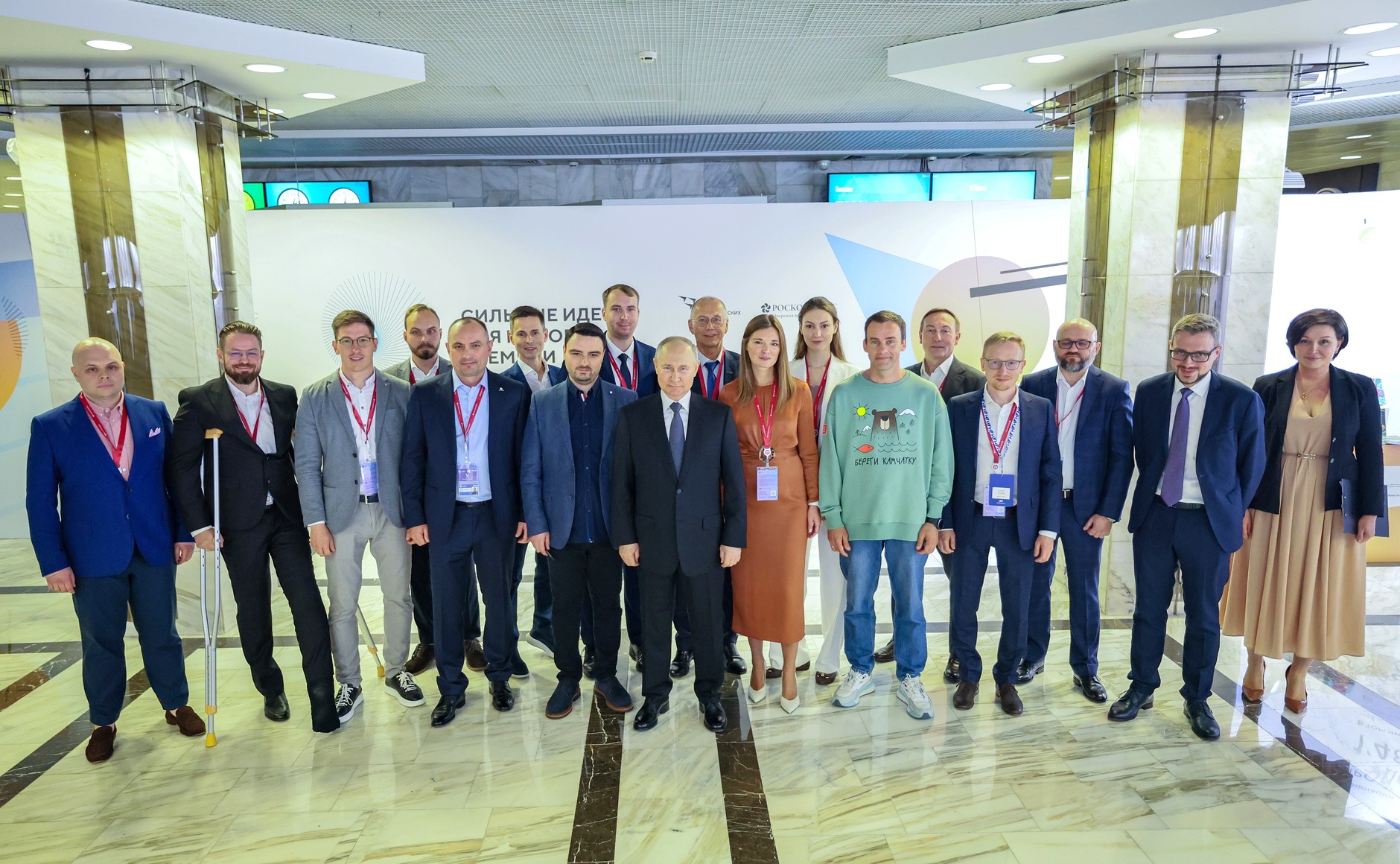

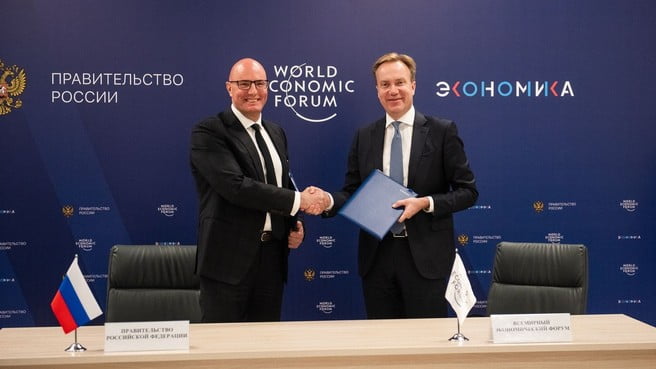



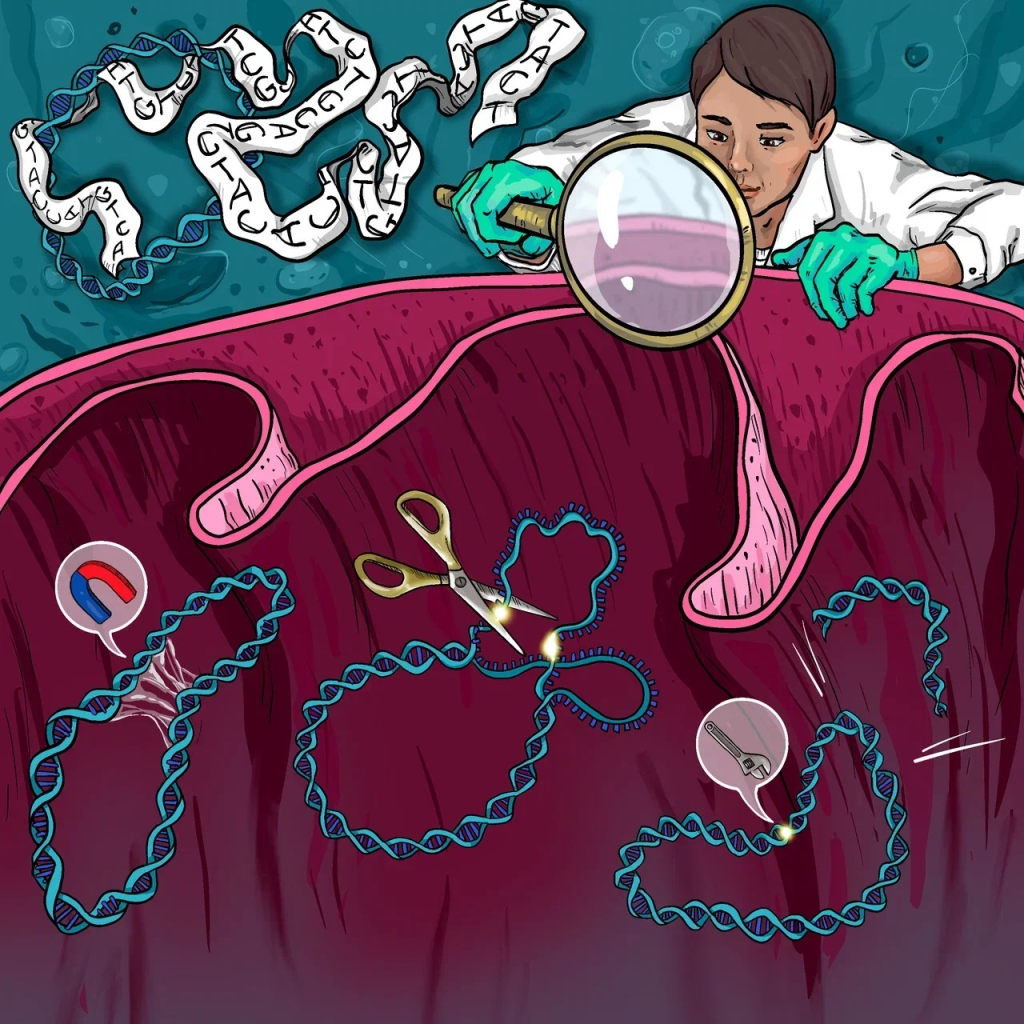
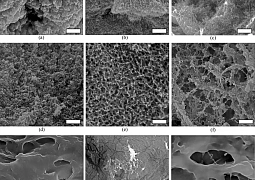
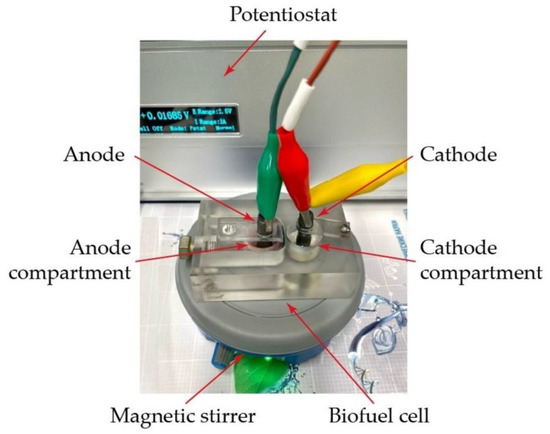
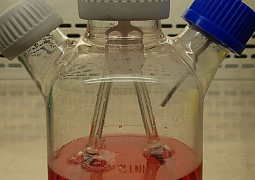

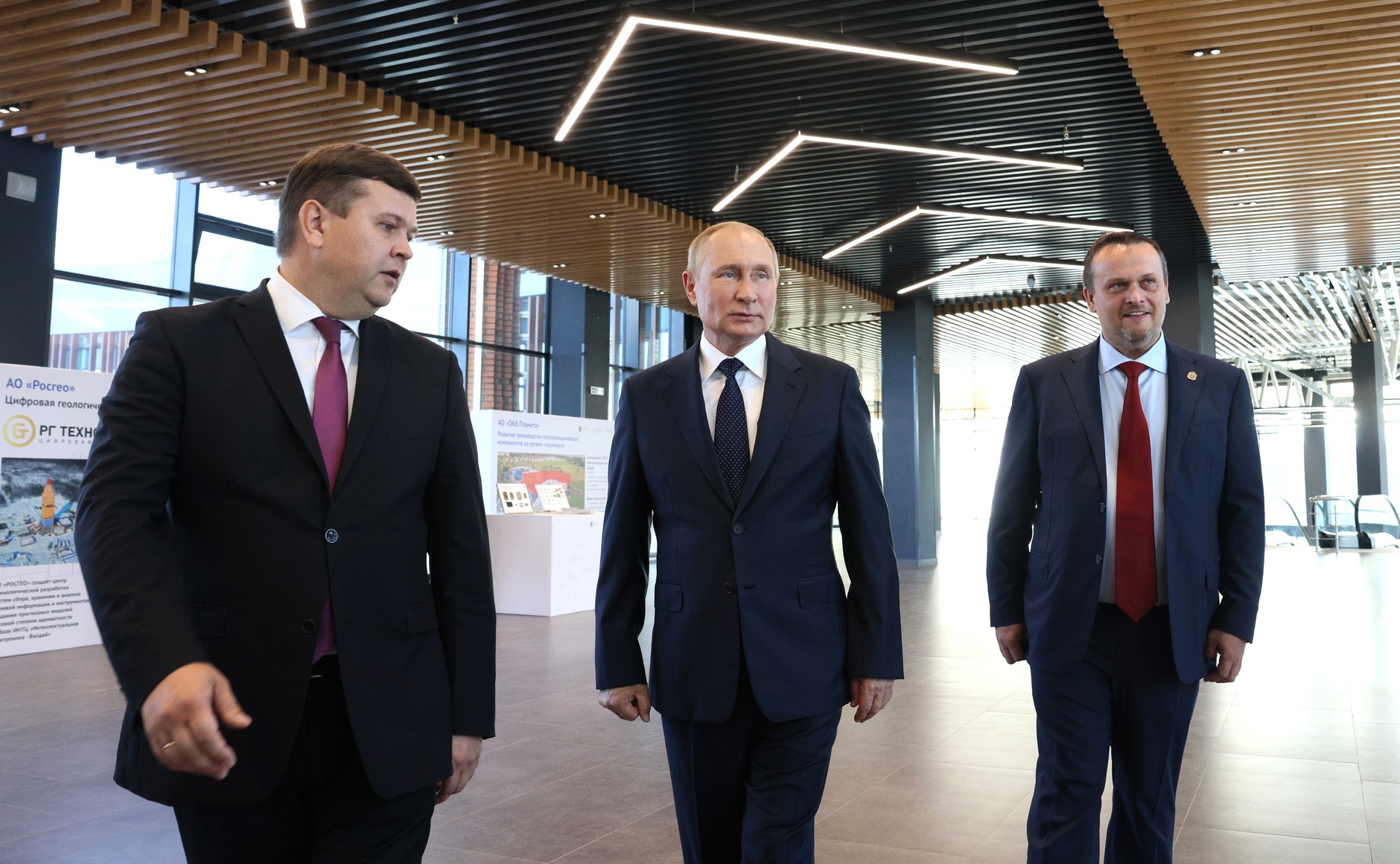
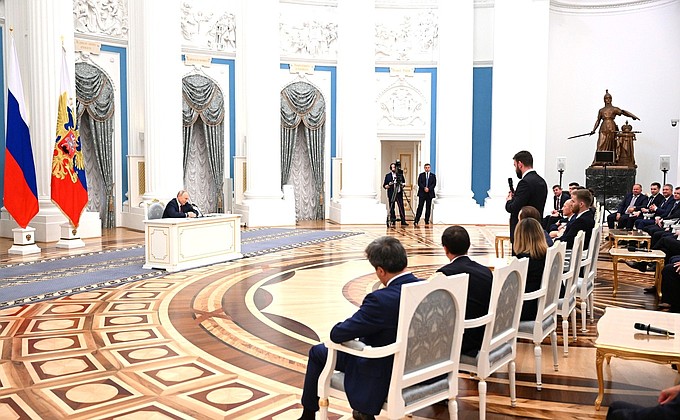
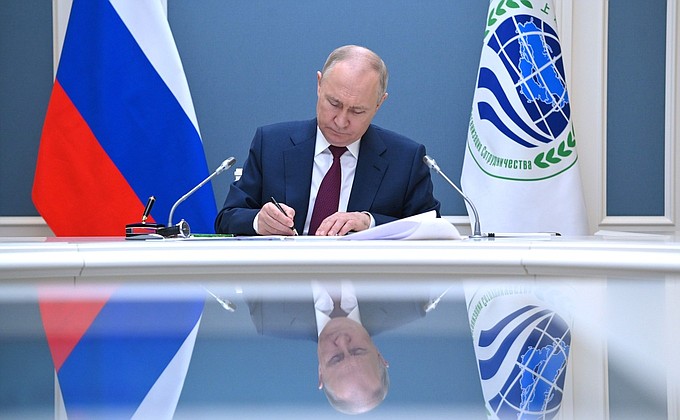

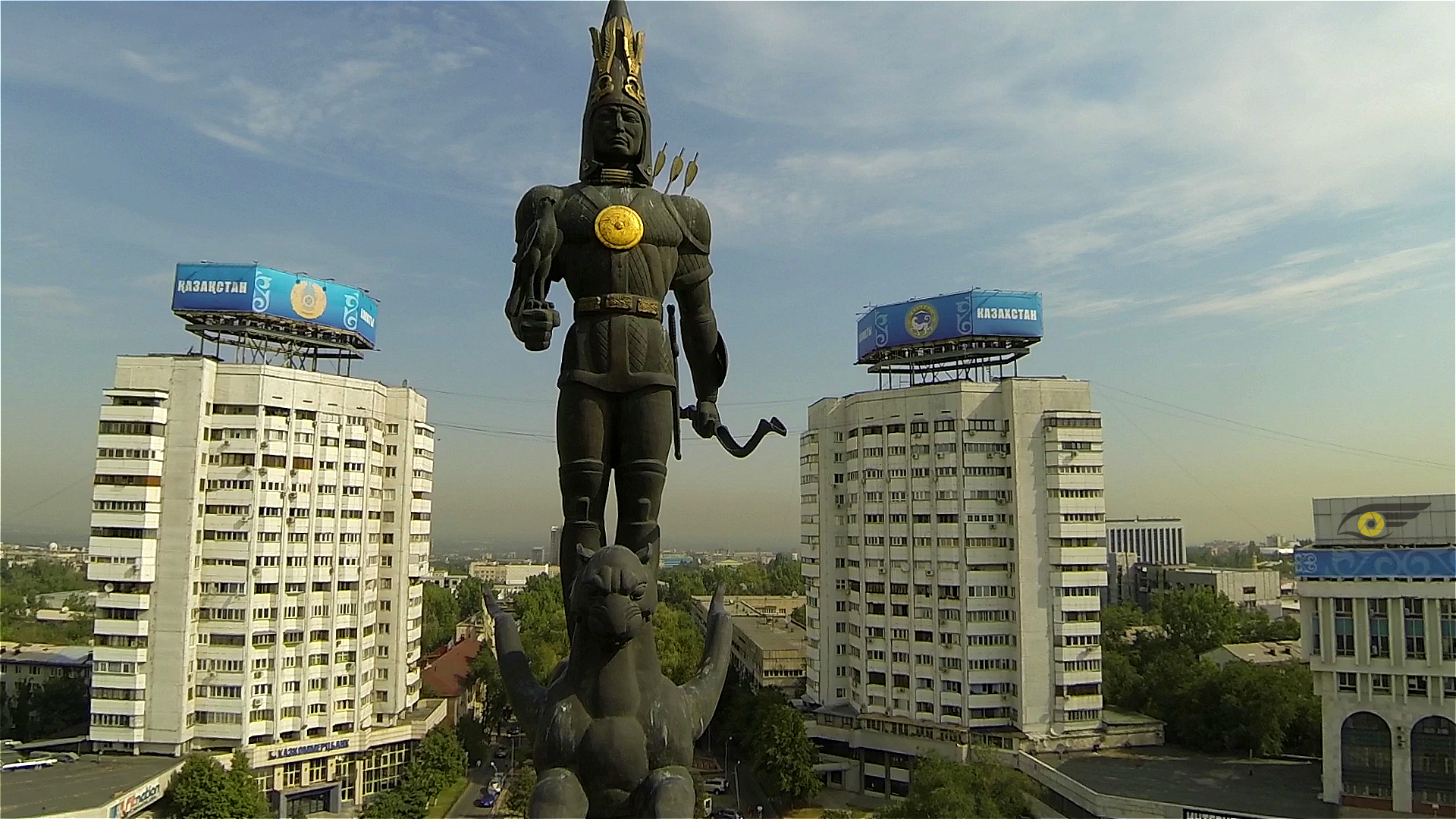

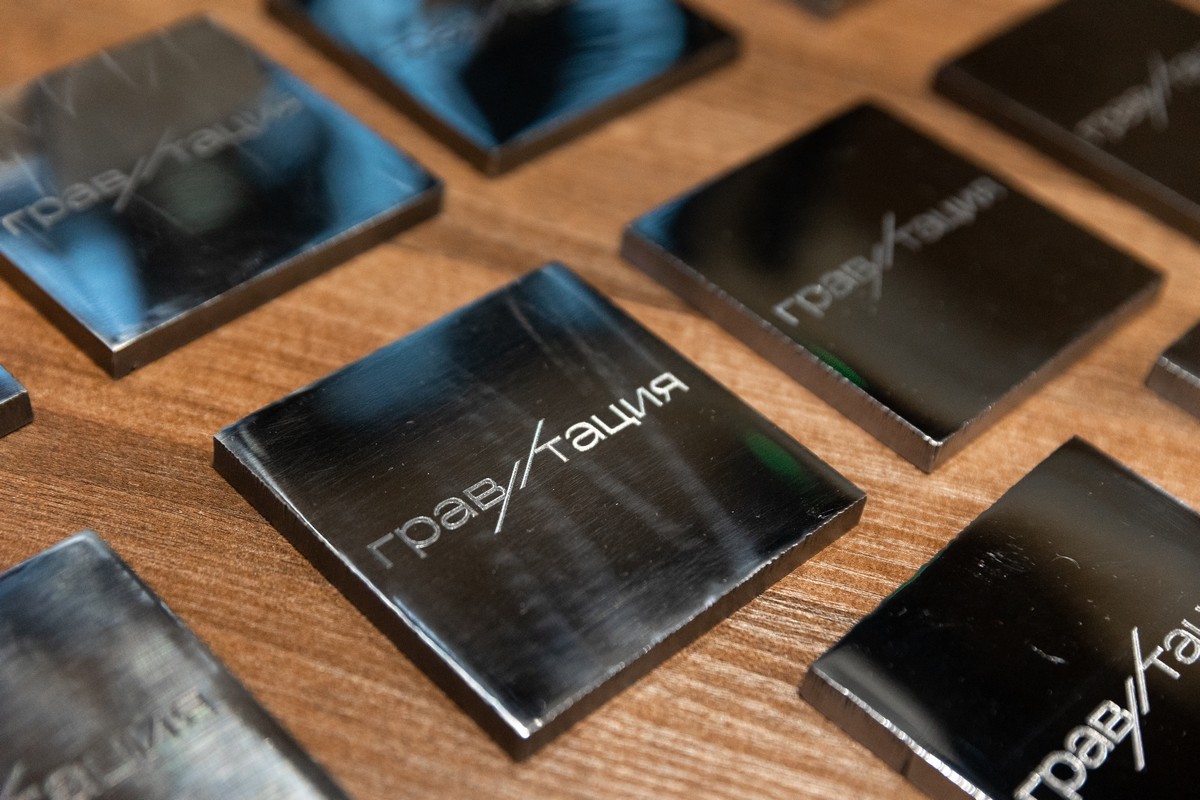










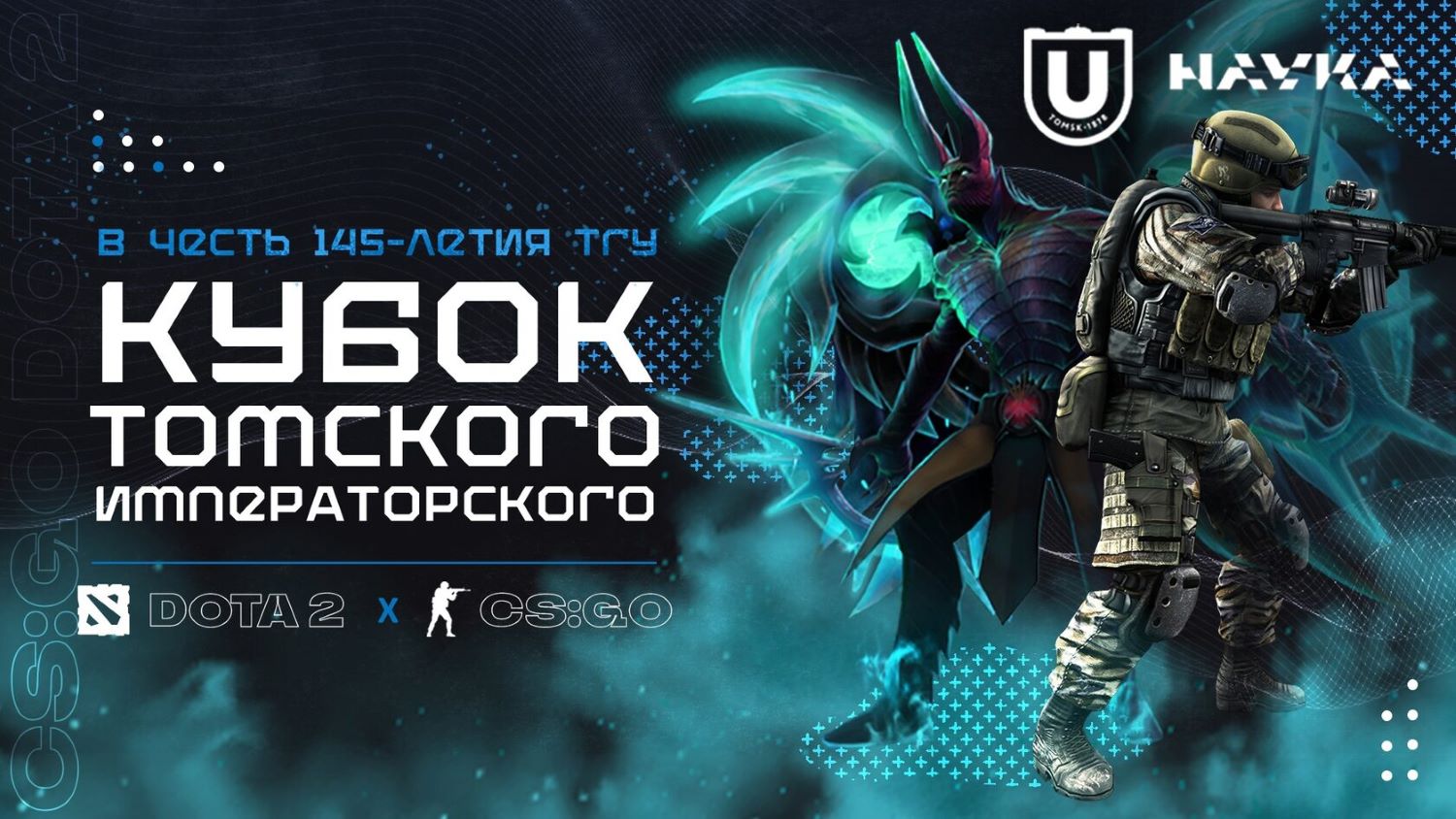

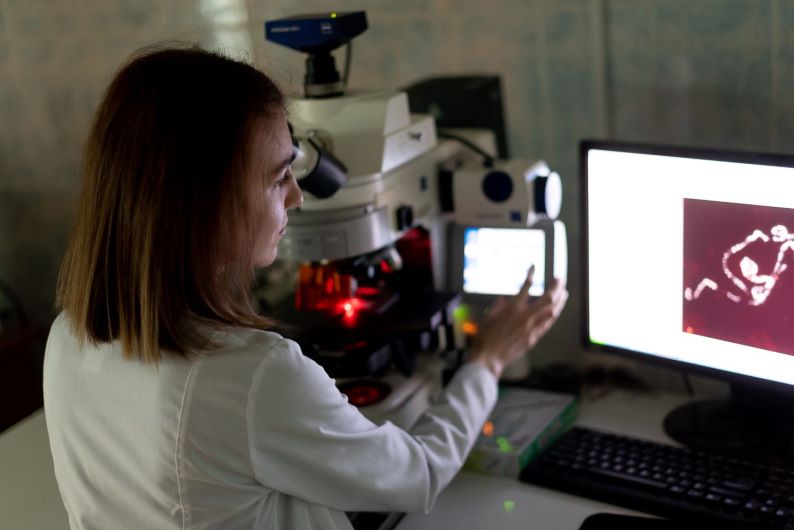
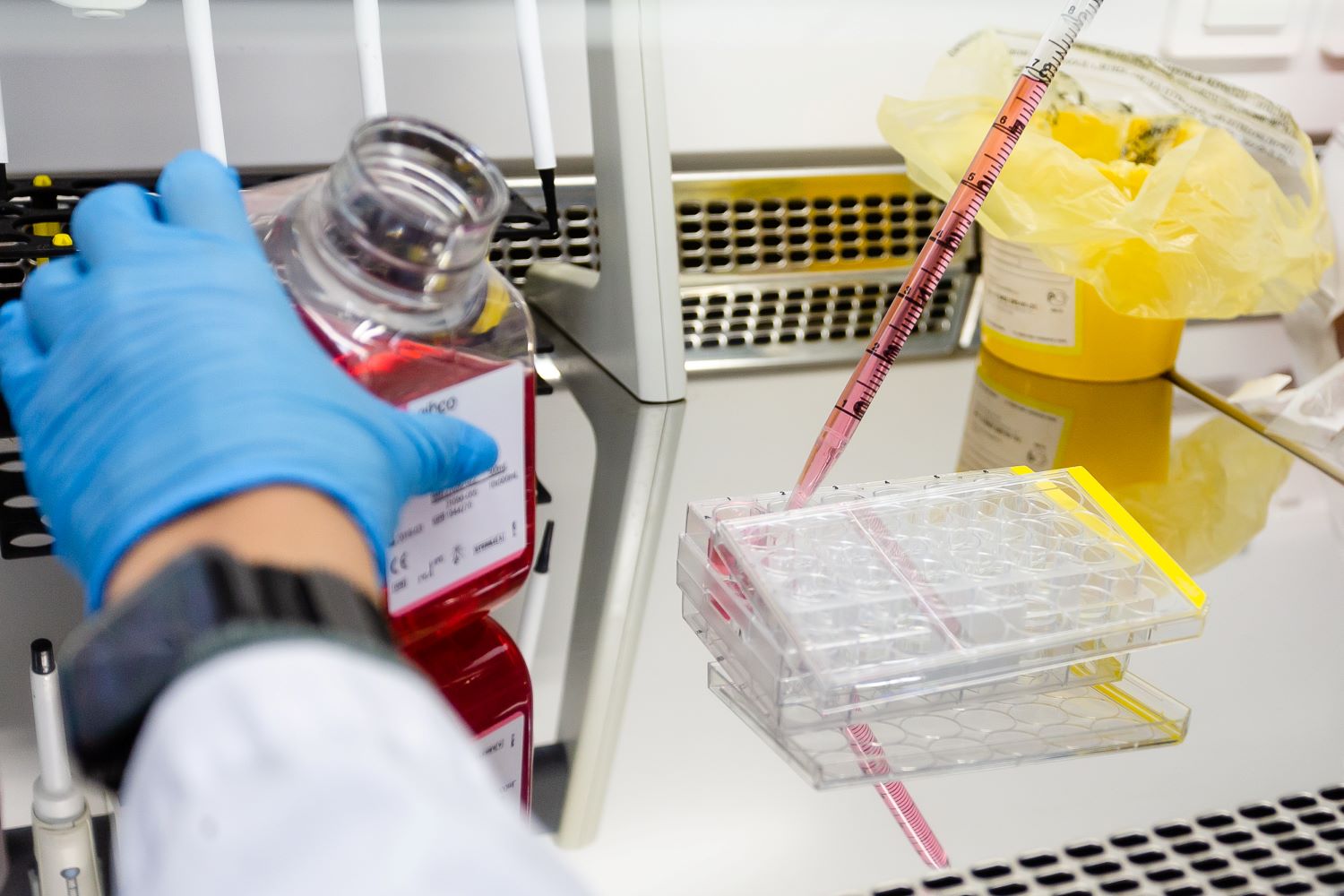
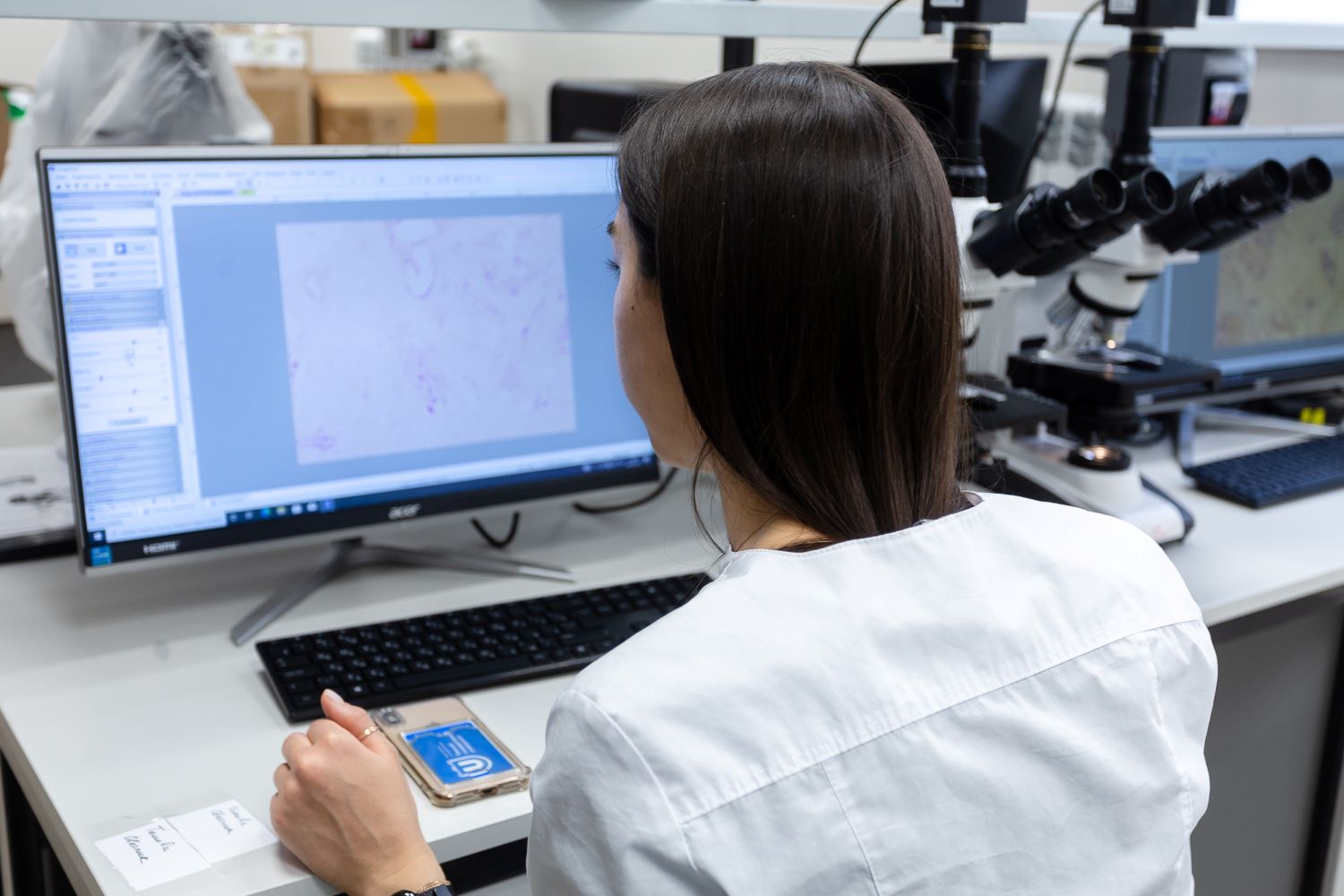


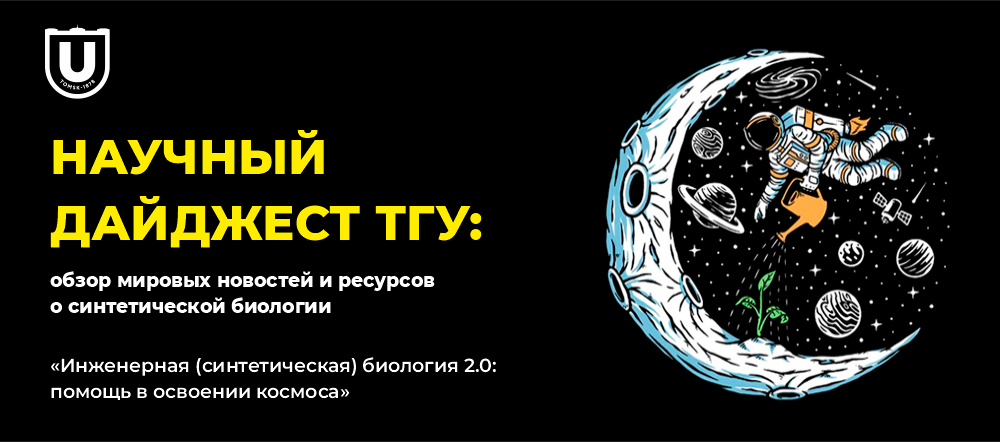
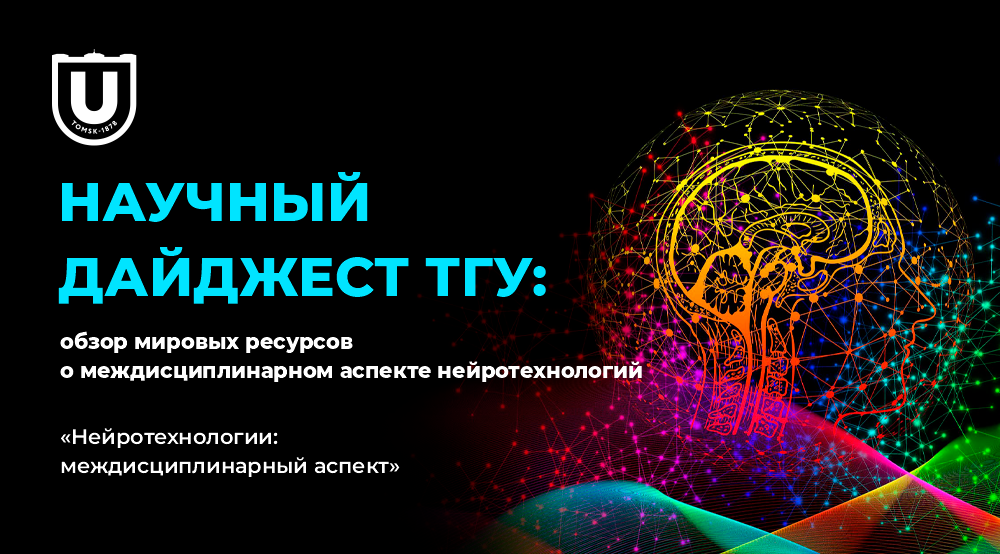
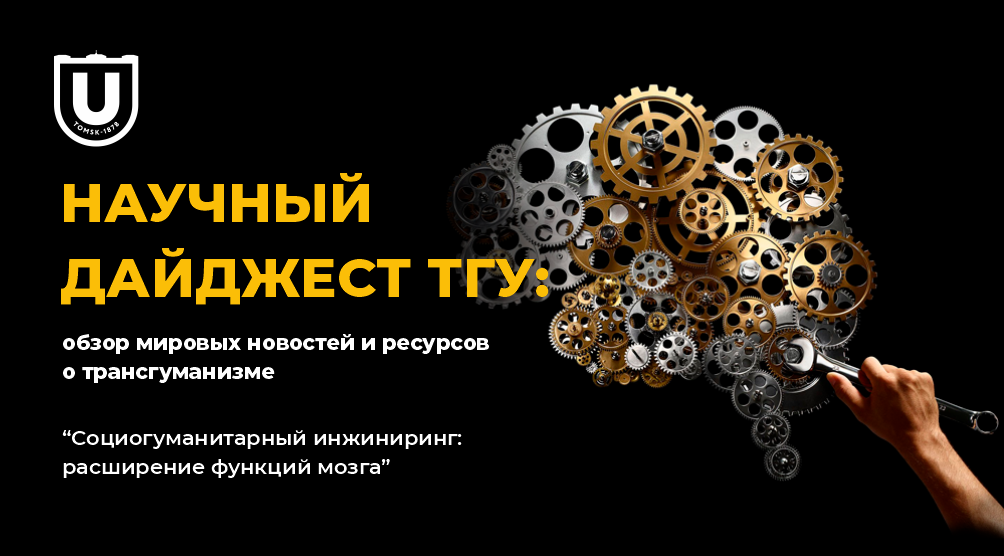
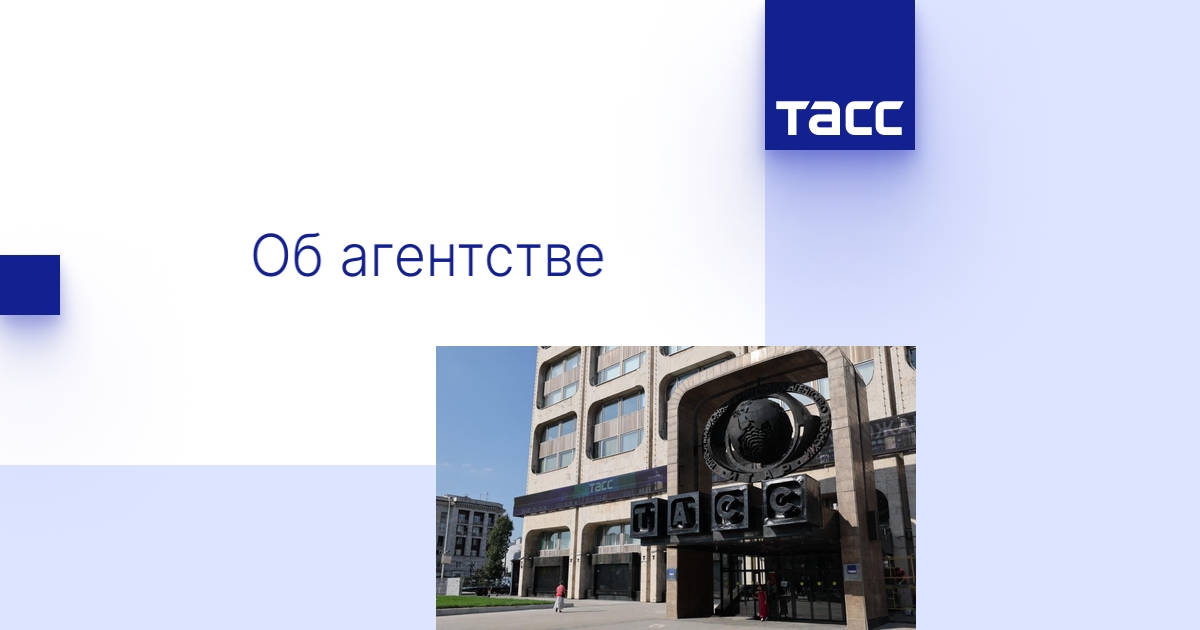

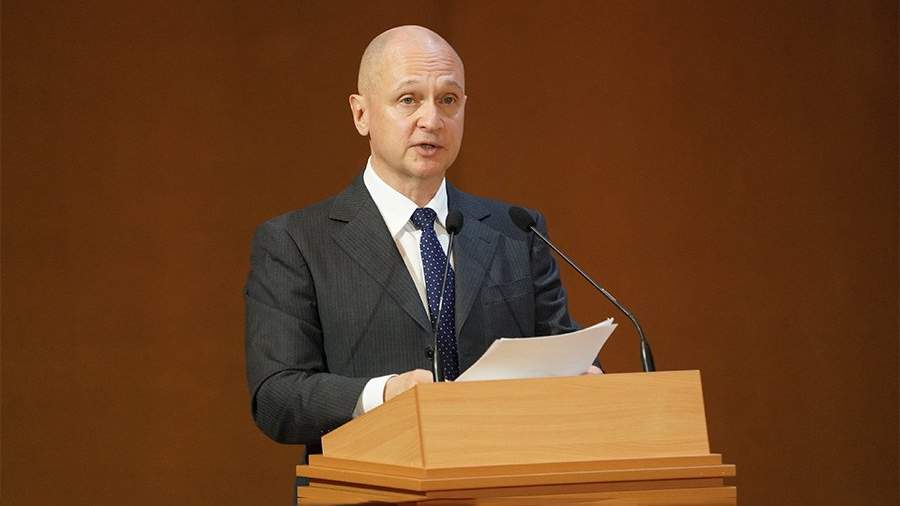

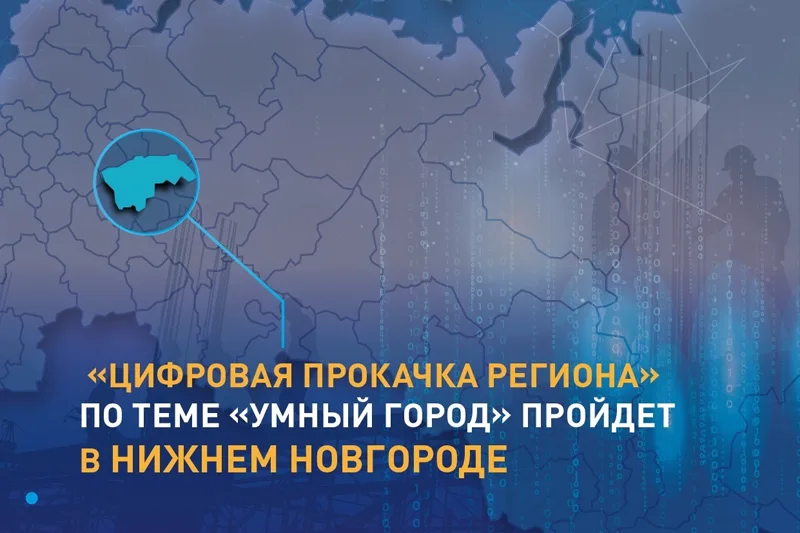


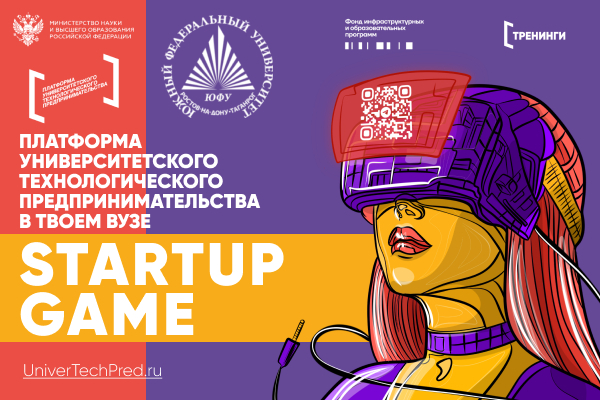
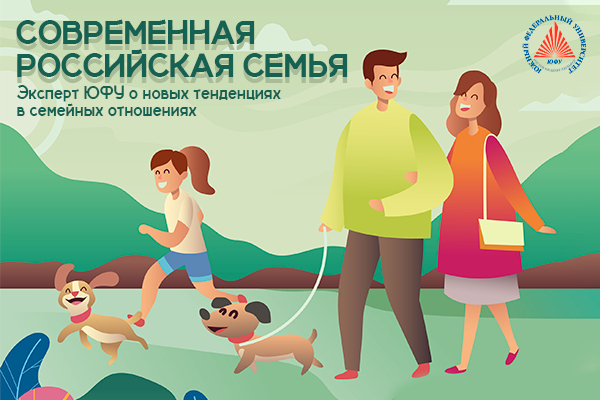















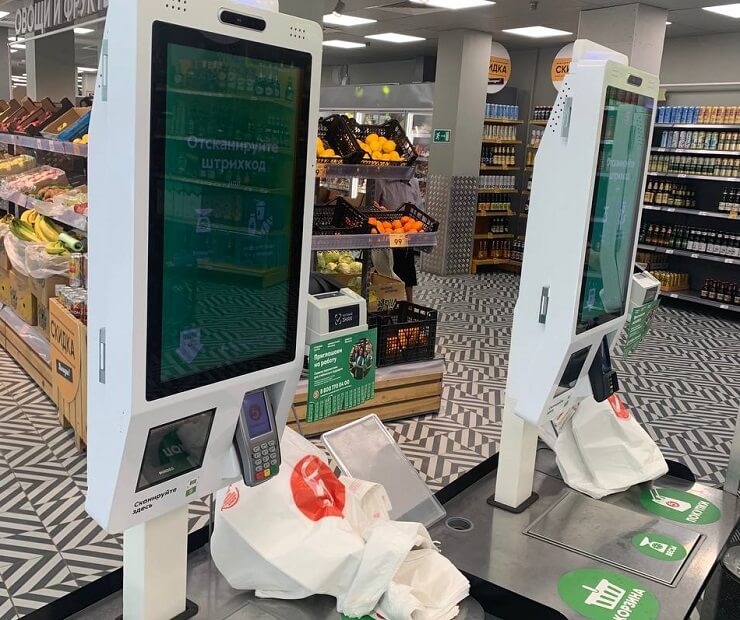

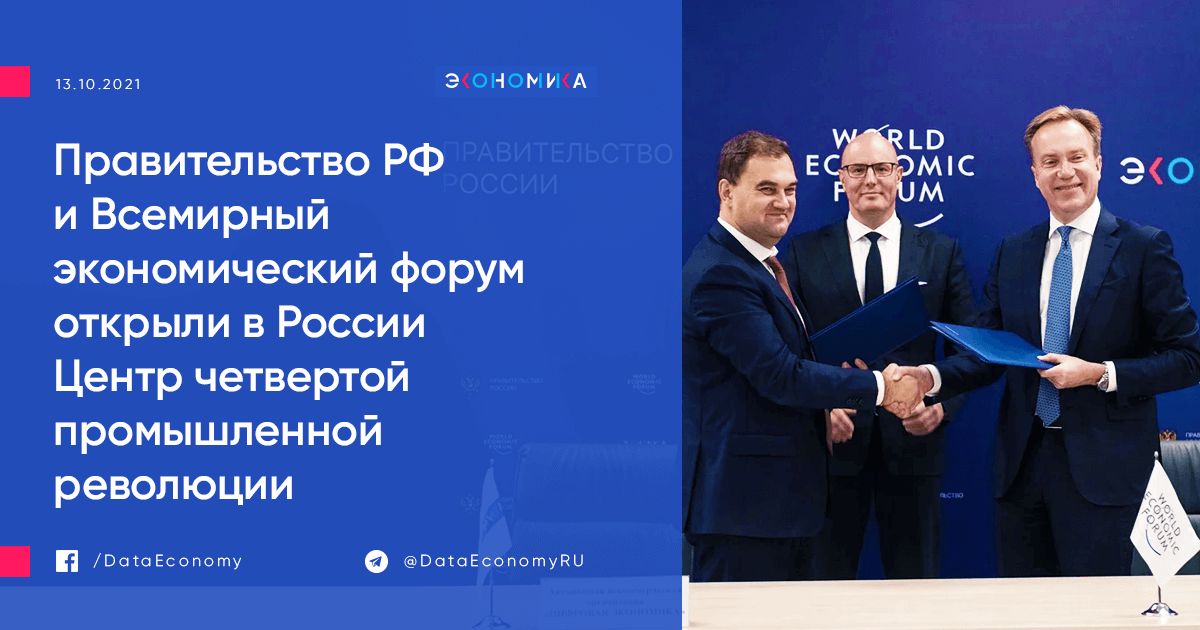

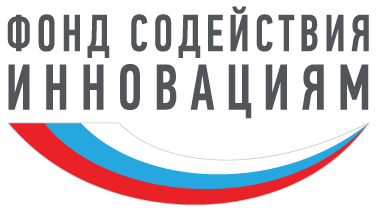
.jpg)







